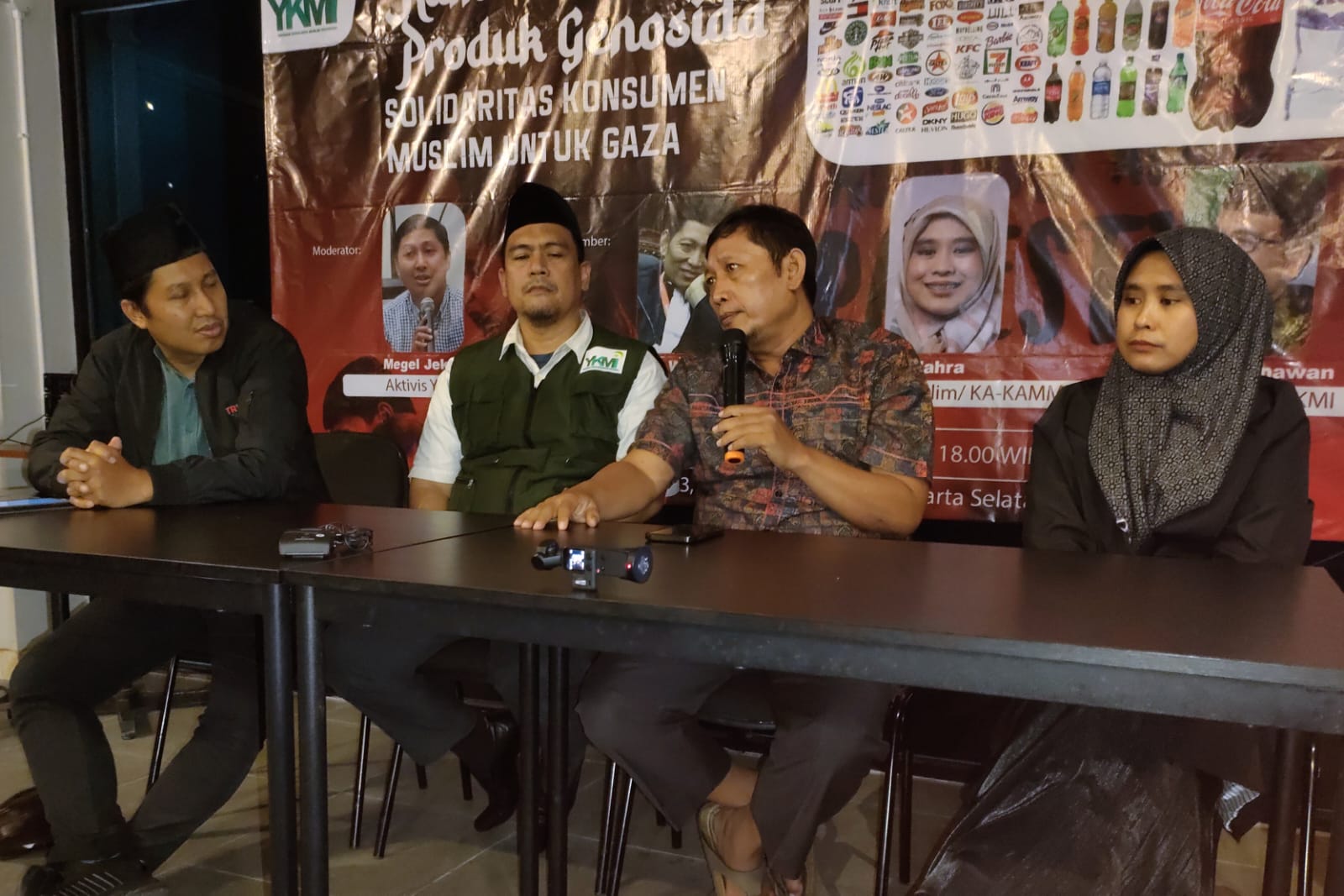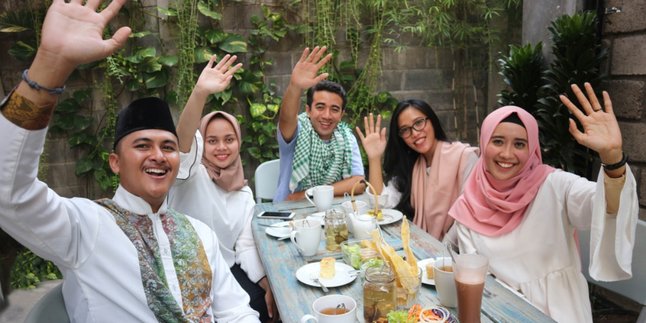Kapanlagi.com - Netizens on various media platforms have started actively voicing their boycott against foreign products affiliated with the Israeli conflict. Unexpectedly, this small collective action has had a significant impact, especially on multinational companies considered affiliated with the Israeli conflict.
This issue has even led to multinational brand holders in Southeast Asia, particularly in Indonesia and Malaysia, implementing various strategies to deny that their products are affiliated with the Israeli conflict. Nevertheless, the boycott actions carried out by Muslim consumers as a form of protest against the military conflict in Gaza are becoming more intense.
"This is not a direct boycott, but rather a deep feeling of discontent towards the ongoing conflict," said Putra Kelana in Medan to Al Jazeera.
He stated that this action is taken because he cannot directly go to Gaza to fight against the military actions taking place there. Therefore, the boycott is his way of showing support by not using products affiliated with the Israeli conflict.
1. Business Declines in Various Major Brands
This boycott has had a significant impact on foreign products affiliated with the Israeli conflict, especially in Southeast Asia. The impact has caused their businesses to decline and profits to decrease significantly.
One of the housewives from Medan who participated in this boycott is Isna Sari. She said that she has changed her shopping list since the beginning of the conflict in Gaza.
"Besides not being affiliated with Israeli conflict products, they are also cheaper," she said to Al Jazeera.
Although various efforts have been made to erase the image of being affiliated with the Israeli conflict, these global companies seem to continue to face boycotts if their parent companies have not withdrawn from Israel.
2. Appeals from YKMI and MUI

Public discussion YKMI. doc: special
A while ago, the Executive Director of the Indonesian Muslim Consumers Foundation (YKMI), Ahmad Himawan, announced 10 foreign products affiliated with the Israeli conflict in a public discussion themed 'Ramadan Without Genocide' in Jakarta.
The list of products was taken from the reference data on the Boycott.Thewitness and Bdnaash websites (15/3). YKMI recommends a massive boycott of products considered to be affiliated with the conflict.
Not only that, there is also the Fatwa of the Indonesian Ulema Council (MUI) No 83/2023 which was issued before last Ramadan. This has strengthened the Muslim consumer boycott movement as it is supported by MUI. They issued a declaration in the form of instructions or 'Irsyadat Majelis Ulama Indonesia', at the MUI Building in Jakarta (10/03).
One of the five points in the MUI instructions states, "Calling on Muslims to no longer use products produced by companies affiliated with Israel and its supporters, such as sahur and iftar consumption needs, Eid al-Fitr gifts (hampers), and other products."
*
(kpl/wri)
Disclaimer: This translation from Bahasa Indonesia to English has been generated by Artificial Intelligence.













